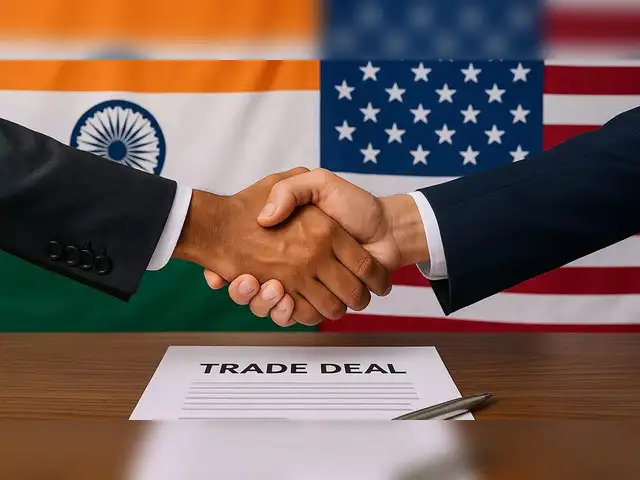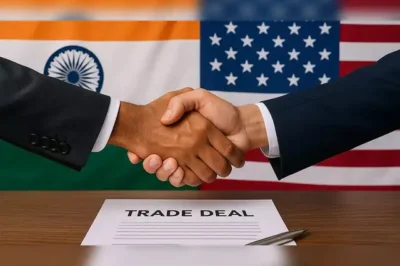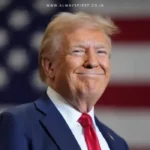
A Historic Shift in India’s Trade Policy
India is poised to make a significant policy change by allowing foreign companies, including those from the United States, access to its traditionally protected government procurement market. This move is being considered as part of ongoing trade discussions and represents a major shift in India’s trade policy. The liberalization of access to public sector contracts could potentially be extended to other international trading partners, signalling broader economic openness. This policy evolution is likely intended to foster stronger trade relations and attract more foreign investment into India’s government projects.
The Scope of the Policy Change
India’s government procurement market is one of the largest in the world, estimated at nearly $600 billion annually, or approximately 15% of the country’s GDP. This expenditure fuels development across infrastructure, healthcare, power, education, transport, and defence. However, government procurement is more than a budgeting tool; it is a critical industrial policy instrument used to promote local manufacturing, build MSME capacity, and advance national programs like Make in India and Atmanirbhar Bharat. The decision to open up this market to foreign firms, including US companies, marks a significant departure from India’s previous stance of protecting domestic suppliers and small businesses.
Implications of the Policy Shift
The potential policy shift would allow foreign companies, including US firms, to bid for Indian government contracts, potentially worth over $50 billion. However, state and local government procurements would remain restricted. This move follows a recent trade agreement with the UK, granting British firms’ access to select federal contracts on a reciprocal basis. India has historically limited foreign access to protect domestic suppliers and small businesses, which account for 25% of reserved contracts. Sectors like defence and railways can already source from foreign suppliers when necessary. Trade Minister Piyush Goyal’s visit to Washington aimed to finalize a deal before a US-imposed tariff hike deadline in July. Industry groups see this as a strategic opportunity for Indian businesses to expand into foreign markets through reciprocal access.
Concerns Over Impact on MSMEs
While the policy shift is expected to boost foreign investment and enhance trade relations, there are concerns about its impact on India’s micro, small, and medium enterprises (MSMEs). These businesses, which form the backbone of India’s economy, may find themselves at a disadvantage when competing with larger foreign firms for government contracts. The liberalization of government procurement could undermine one of India’s last remaining industrial policy tools, government procurement preferences, used to promote domestic manufacturing, innovation, and jobs. Critics argue that the move could dilute efforts to support MSMEs and build domestic capacity in critical sectors like defence, clean energy, and health.
A Step Toward Global Integration
The decision to open up government procurement to foreign firms is part of India’s broader strategy to integrate more deeply into the global economy. By allowing foreign companies to participate in government contracts, India aims to attract more foreign investment, enhance competition, and improve the quality of goods and services procured by the government. This move aligns with India’s national target of reaching $1 trillion in exports by 2030 and reflects a commitment to liberalizing trade and fostering economic growth.
Looking Ahead
As India moves forward with this policy shift, it will be important to monitor its implementation and assess its impact on domestic industries, particularly MSMEs. Balancing the benefits of increased foreign investment with the need to support domestic businesses will be crucial to ensuring that the policy change contributes to sustainable economic growth. The government’s approach to managing this transition will play a key role in determining the success of the policy shift and its long-term implications for India’s trade relations and economic development.








































Leave a Reply